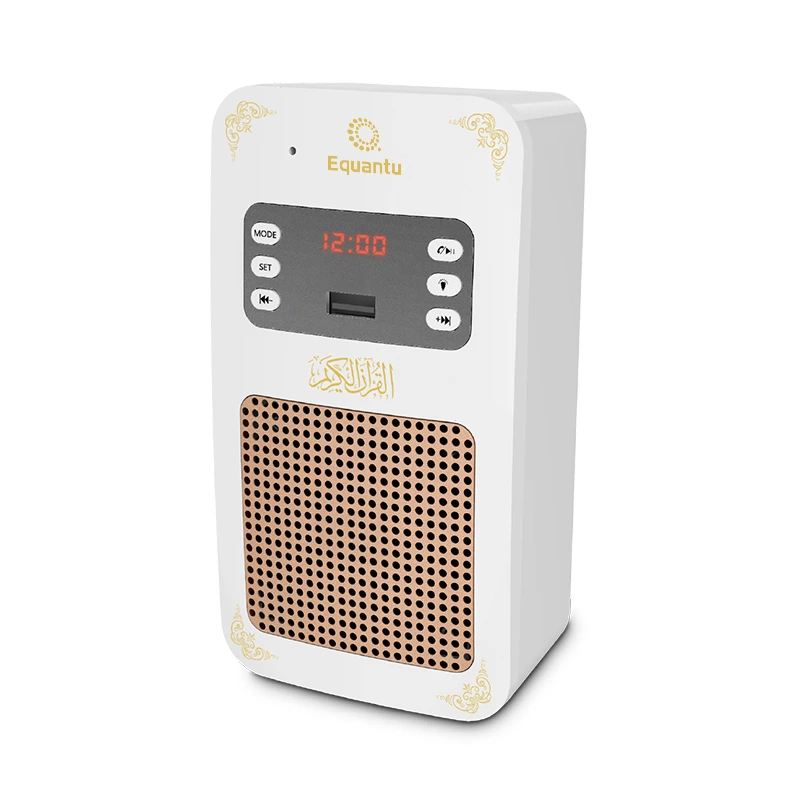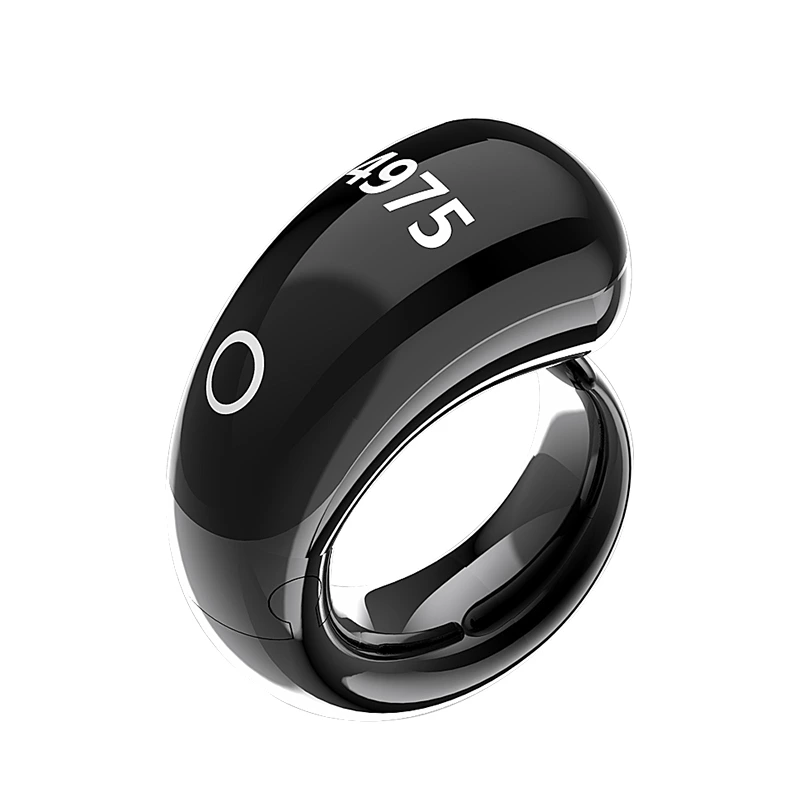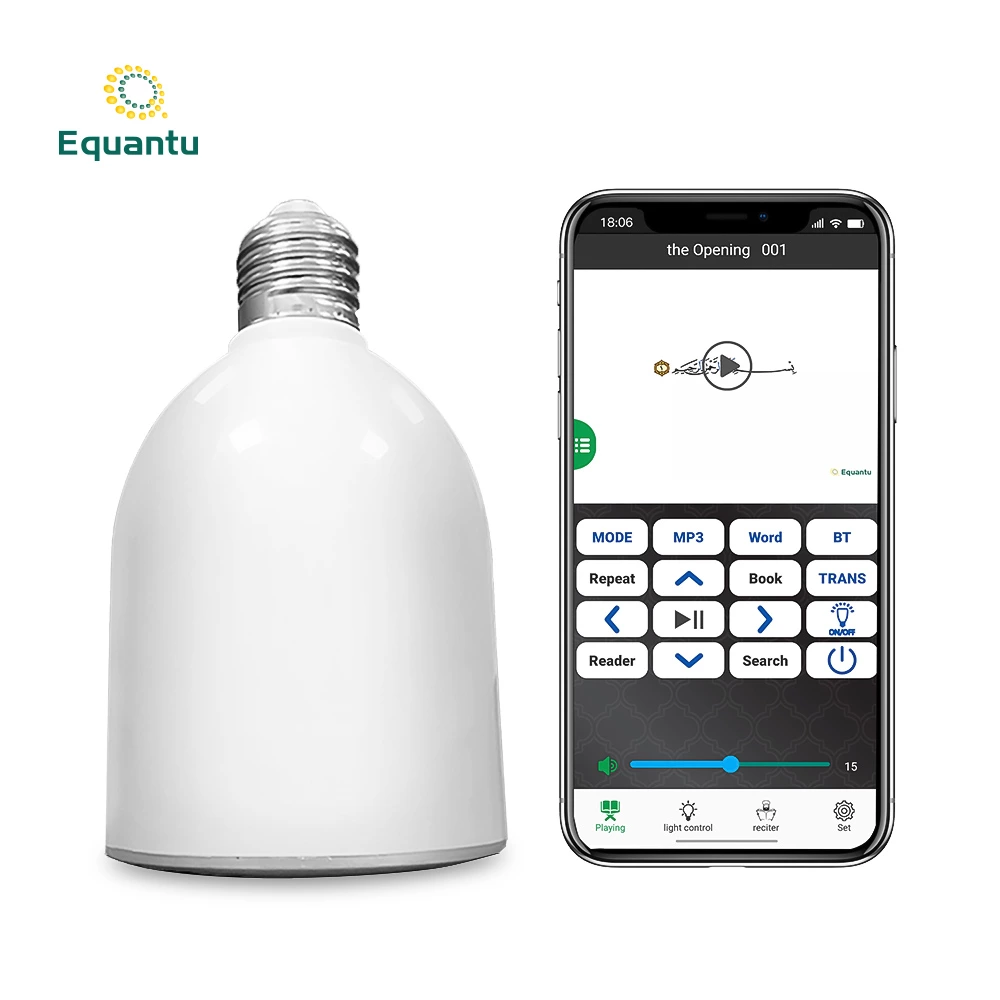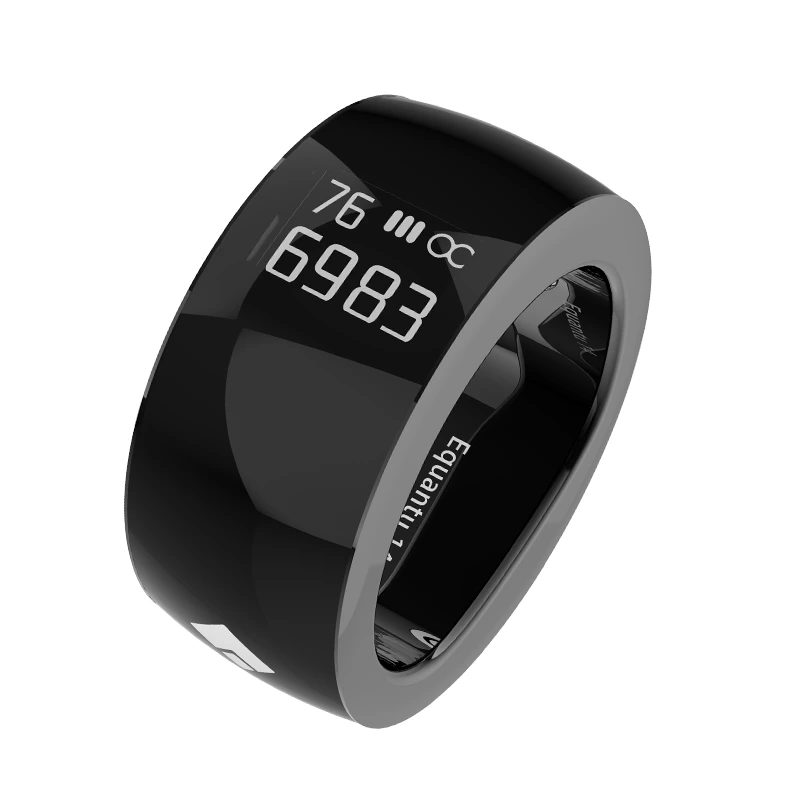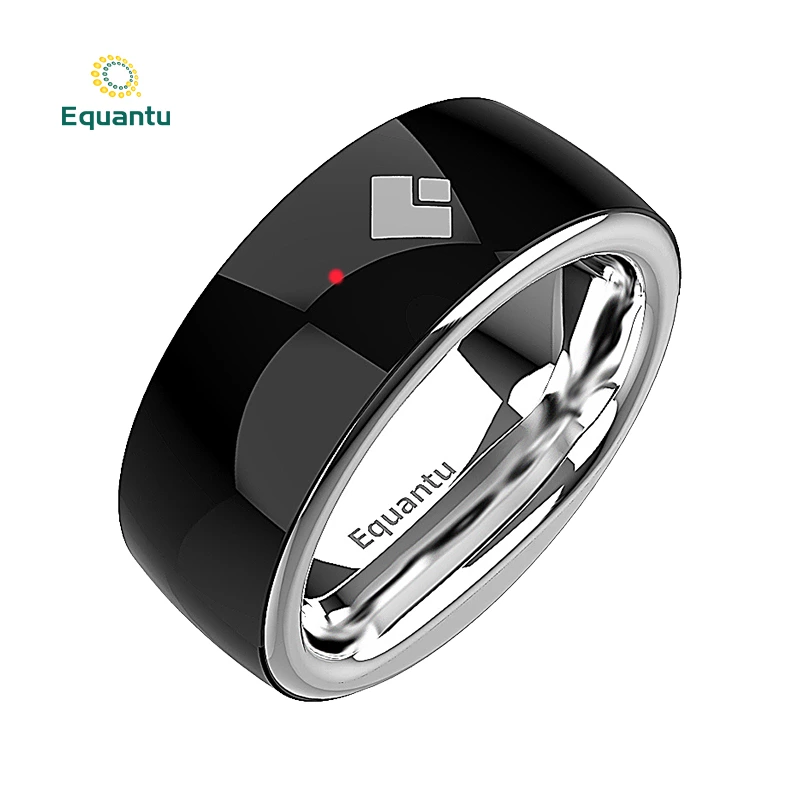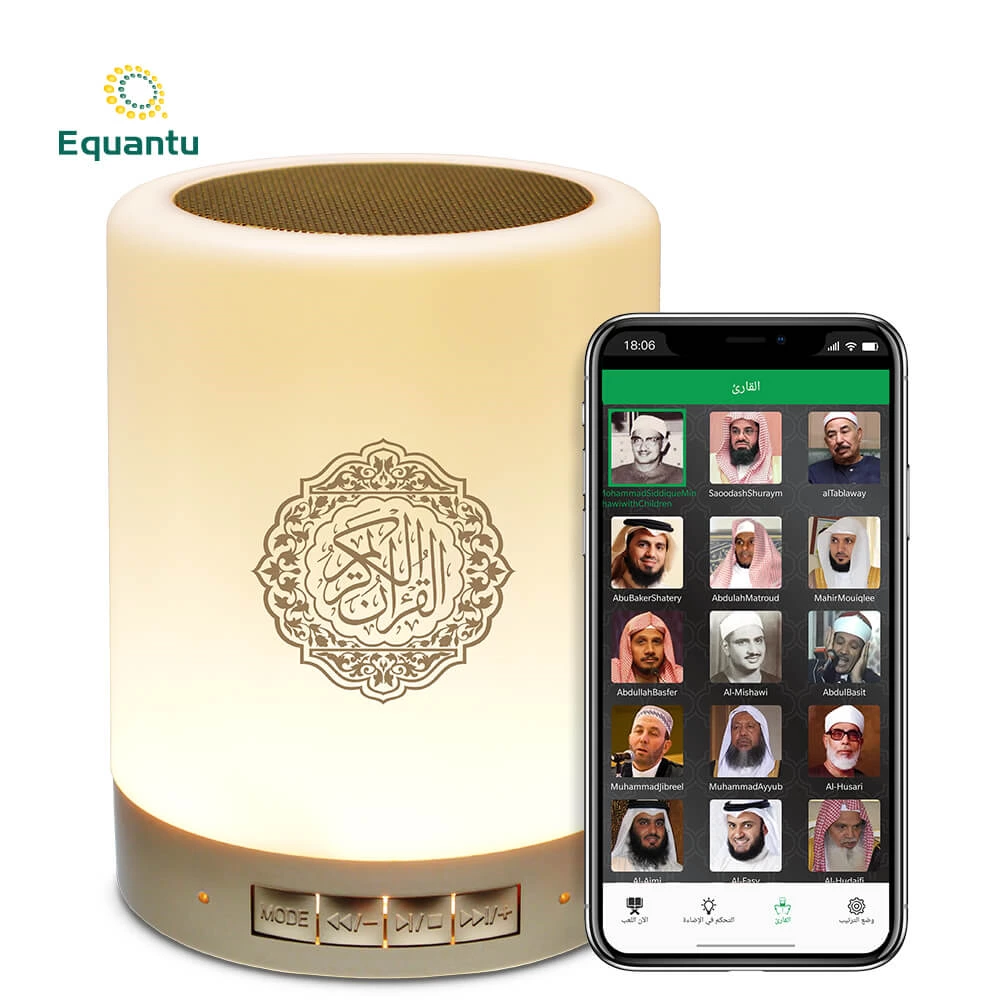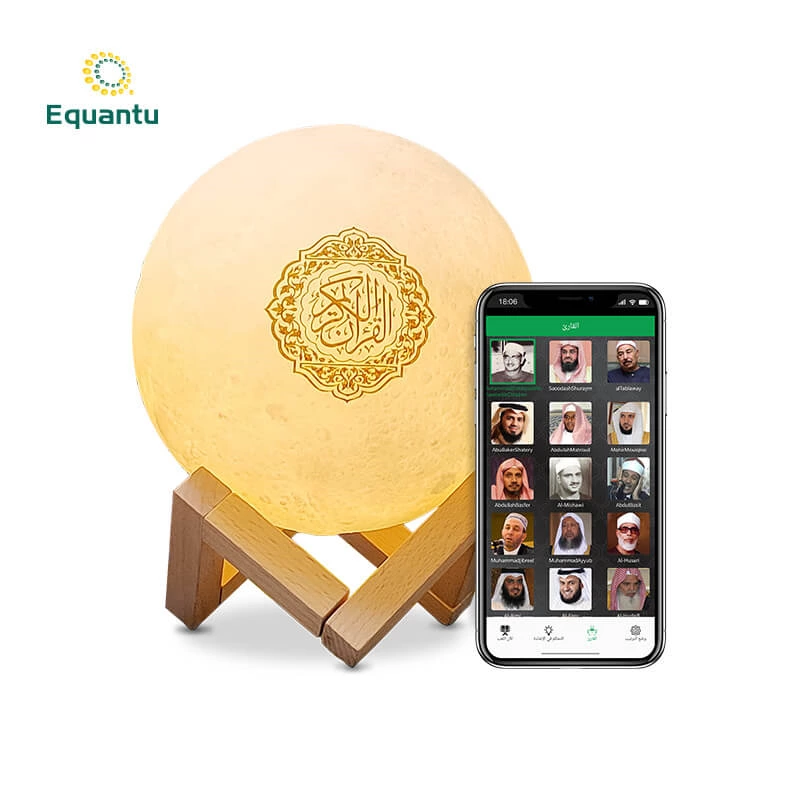1. Zawaj.com: Ethical Wedding Planning
Overview: Zawaj.com is a leading online wedding planning platform catering to Muslim couples. The company emphasizes halal wedding practices, ensuring that all aspects of the ceremony align with Islamic principles.
Ethical Practices:
- Halal Services: Offering services that comply with Islamic guidelines, such as non-alcoholic catering and gender-segregated event spaces.
- Transparency: Clear communication of pricing and services, avoiding hidden fees and deceptive practices.
- Customer-Centric Approach: Providing personalized services that respect the cultural and religious needs of Muslim couples.
Integration of Islamic Products: Zawaj.com features Quran speakers in their event venues, creating a spiritually enriching atmosphere. They also offer Zikr rings as part of their wedding packages, symbolizing the couple’s commitment to faith and remembrance of Allah.
2. Modanisa: Ethical Fashion Retailer
Overview: Modanisa is one of the world’s largest online retailers of modest fashion. The company is committed to providing stylish and Shariah-compliant clothing options for Muslim women.
Ethical Practices:
- Sustainable Sourcing: Ensuring that all materials used are ethically sourced and produced.
- Fair Labor Practices: Adhering to fair wages and safe working conditions in their supply chain.
- Inclusivity: Offering a wide range of sizes and styles to accommodate diverse body types and preferences.
Integration of Islamic Products: Modanisa includes Quran speakers in their flagship stores, allowing customers to listen to Quranic recitations while shopping. Additionally, they offer Zikr rings as accessories, enhancing the connection between fashion and spirituality.
3. The Halal Guys: Ethical Food Service
Overview: The Halal Guys is a global chain of restaurants known for their Halal-certified Middle Eastern cuisine. They have expanded internationally while maintaining their commitment to ethical business practices.
Ethical Practices:
- Halal Certification: Ensuring that all food products are Halal-certified, adhering to Islamic dietary laws.
- Quality Ingredients: Using high-quality, fresh ingredients in all their dishes.
- Community Engagement: Supporting local communities through charity initiatives and employment opportunities.
Integration of Islamic Products: The Halal Guys incorporate Quran speakers in their dining areas, providing a peaceful and spiritual ambiance. They also offer Zikr rings as part of their merchandise, allowing customers to take home a piece of their ethical dining experience.
4. Pure Hijab: Ethical Beauty and Lifestyle
Overview: Pure Hijab is a beauty and lifestyle brand dedicated to providing Halal-certified cosmetics and skincare products. The company emphasizes transparency and ethical practices in all aspects of its business.
Ethical Practices:
- Halal Certification: All products are Halal-certified, ensuring they meet Islamic standards for purity and safety.
- Cruelty-Free: Committed to being cruelty-free, avoiding animal testing in product development.
- Sustainable Packaging: Utilizing eco-friendly packaging materials to minimize environmental impact.
Integration of Islamic Products: Pure Hijab offers Quran speakers in their stores, allowing customers to enjoy Quranic recitations while browsing products. They also provide Zikr rings as part of their beauty sets, promoting a holistic approach to beauty and spirituality.
5. NoorVitamins: Ethical Health Supplements
Overview: NoorVitamins is a health supplement company that focuses on providing Halal-certified vitamins and supplements. The company is dedicated to promoting health and wellness while adhering to Islamic ethical standards.
Ethical Practices:
- Halal Certification: All products are Halal-certified, ensuring they are free from prohibited substances.
- Transparency: Clear labeling of ingredients and sourcing information, fostering trust with consumers.
- Health and Wellness Focus: Committed to improving the health and well-being of their customers through high-quality supplements.
Integration of Islamic Products: NoorVitamins incorporates Quran speakers in their retail spaces, creating a serene environment for customers to learn about health and wellness. They also distribute Zikr rings with their products, encouraging customers to engage in daily remembrance of Allah as part of their wellness routine.
Conclusion
These case studies demonstrate that integrating Islamic ethics into business practices not only fulfills religious obligations but also drives success and fosters strong customer loyalty. By adhering to principles such as honesty, fairness, sustainability, and social responsibility, these Muslim businesses have built reputable brands that resonate with ethically conscious consumers. Additionally, the incorporation of modern Islamic products like Quran speakers and Zikr rings enhances their ethical commitments, providing added value and reinforcing their dedication to Islamic principles. These examples serve as inspiring models for other Muslim entrepreneurs aiming to conduct business with integrity and purpose.

